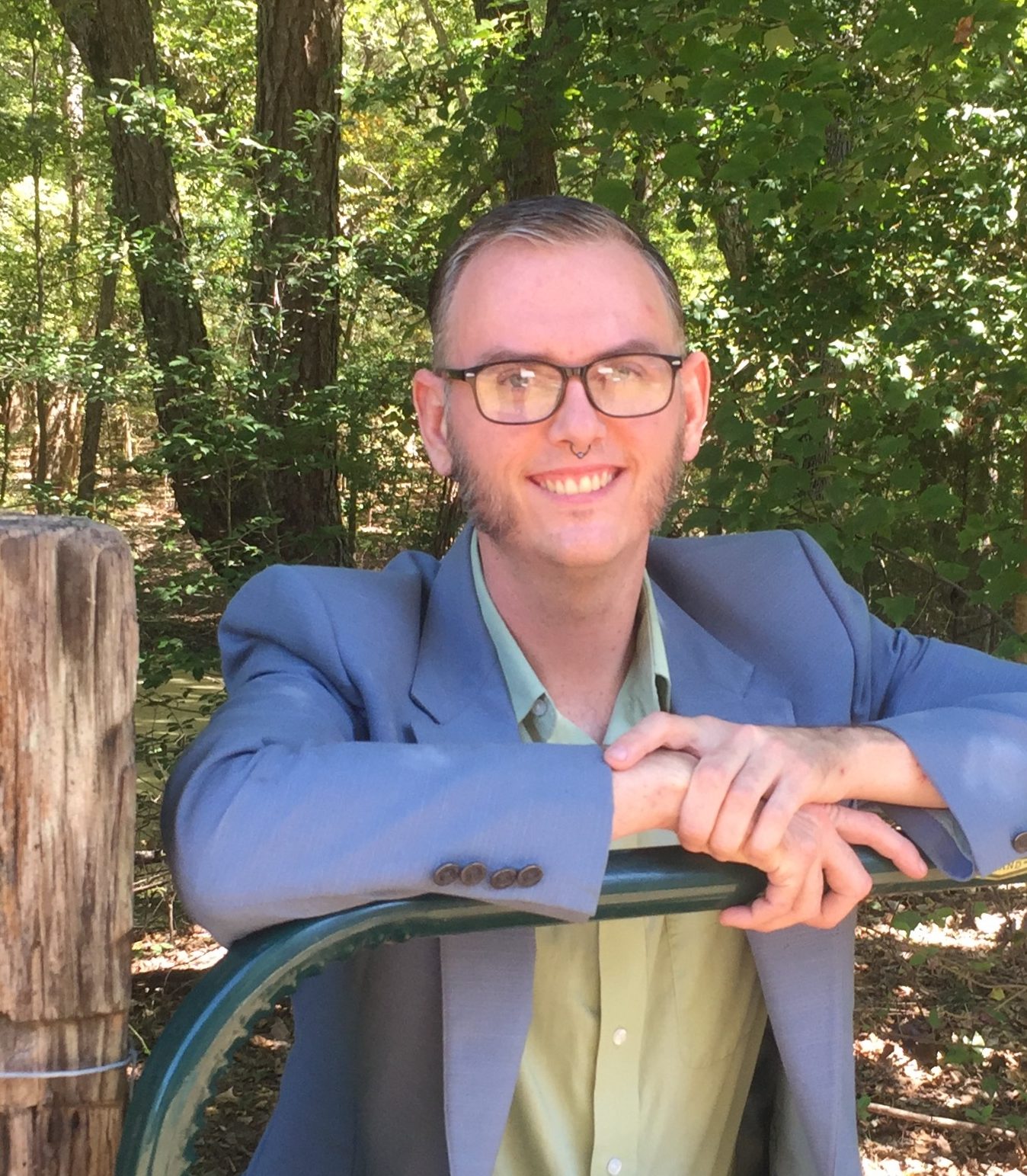There is a tendency in postmodern society to excuse every perversion and absurdity, often predicated on the derailing idea that a particular category may be made for the divergent, for which they deserve absolution. Homosexuality, beastiality, pedophilia, fetishism, and etc. have become pets of the postmoderns, to be defended against any and all criticism. Postmodernism is waging a war against evolution.
Much of the postmodern paradigm is predicated on cultural Marxist approaches to psychology and especially psychoanalysis, which has bled into some interest in neuroscience. As such, those of various sexual deviancies as well as those who have social or interpersonal deviancies, such as by being autistic, dyslexic, synesthetic, psychopathic, narcissistic, or so on, have often been given the excuse of neurodivergence, a category meaning “different from others” but that effectively amounts to “protected species.” Those who are considered to be neurodivergent are beyond reproach by the neurotypical, the rest of us.
That there are people who diverge from the norm is not under dispute. But the idea that there can be a category made that reframes the facts and makes divergence suddenly desirable is nothing short of sleight of hand. This being so, and as a social Darwinist, I would like to introduce another concept, and one that fits folkish analysis: neurodesirability. Neurodesirability refers to neural structures that interpersonal and social relationships favor over neuroavoidability, another concept I will introduce to mean “avoidable on the basis of neural structures.”
In this new paradigm, people such as narcissists, psychopaths, beastials, and etc. can readily be recognized by most neurotypical people as quite neuroavoidable, being very low on the neurodesirability scale, as they clearly do harm to others. However, neurotypical people need not make the same blanket judgments against all neurodivergent people. While most neurodivergent people are likely to rate lower in neurodesirability, it does not follow that all neurodivergence is anti-social or impolite. Thus, there should be room for neurodivergence to continue, so long as it can afford to do so without imposing costs onto the neurotypical, which would reduce their neurodesirability. In such a case, private, polite, and prosocial homosexuals, as well as autists, dyslexics, and the like would have a chance to be accepted on the grounds that their positive traits outweigh the negative. Though they might be neurodivergent, so long as that neurodivergence does not impose a cost onto others, or such a cost can be offset somehow, they might be considered neurodesirable.
This might provide a lesson, for instance, to such people as homosexuals who want to use the state to limit the freedoms of heterosexuals or to impose themselves into their natural or religious traditions, such as marriage. Such actions make neurodivergents not only divergent, but avoidable and undesirable. Contrast this to the arguments of some biologists, who have argued that homosexual family members can be beneficial on the grounds of group selection, by providing help to reproducing members who procreate on their behalf (similar in some respects to kin selection).
The truth of the matter is that none of us are neurotypical. There is no such thing as a perfectly neurotypical person, because what is “typical” is not based on a living individual but on an average of those living. But, because we are evolving, that average cannot be expected to remain static. Should new mutations arise that move use forward, the first to have those mutations will be deemed both neurodivergent and neurodesirable, but they will not by any means be neurotypical until such point that those genes become so successful that the vast majority of the population has them. This means that we should allow for neurodivergence so long as it does not establish neuroavoidance on some reasonable basis, such as that the actions of the neurodivergent have become aggressive or harmful beyond repair. But when the neurodivergent wish to impose their wills onto the so-called neurotypical, this is an act of aggression and grounds for neuroavoidance.

